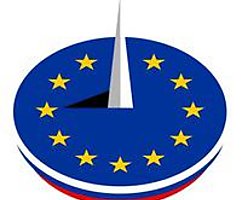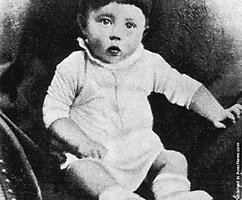5 most accurate predictions of scientists of the past
 Bashny.Net
Bashny.Net
We all know that it is impossible to predict the future. Can predict speculate, but makes a bold statement about the achievements that were on the verge of fantasy, at least, unusual and admirable. Thus, at the time, the best minds in the world have made prophecies that have been confirmed recently. And now we will talk about the five most accurate of them that somehow relate to modern information technology.
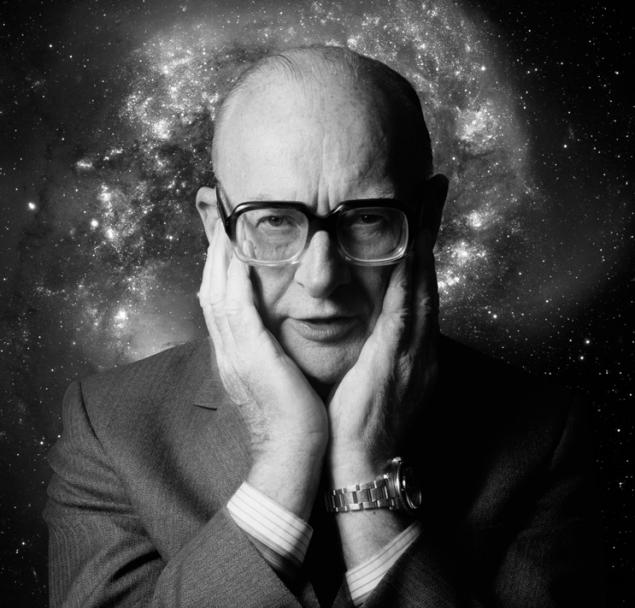
Gordon Moore's prediction of the performance of computers h4> In 1965, the founder of Intel, Gordon Moore made a prediction for the 35th anniversary issue of Electronics Magazine on the progress of microelectronics in the next 10 years. In an article titled "squeezing even more components in integrated circuits," Moore wrote that the all-new model chips appear in about a year after the predecessors, and the number of transistors in them doubles. Based on this observation, he came to the conclusion that, while maintaining the same trend computing power can grow exponentially in a short period of time. The forecast was so accurate that escalated into Moore's Law. Ten years later, Moore made some changes to the law, saying that the number of transistors would double every two years.
Arthur C. Clarke about the satellites and the Internet h4>
Nikola Tesla on cellular and smart watches h4>
Isaac Asimov an electronic library h4>
Robert Boyle about nanotechnology h4>

Gordon Moore's prediction of the performance of computers h4> In 1965, the founder of Intel, Gordon Moore made a prediction for the 35th anniversary issue of Electronics Magazine on the progress of microelectronics in the next 10 years. In an article titled "squeezing even more components in integrated circuits," Moore wrote that the all-new model chips appear in about a year after the predecessors, and the number of transistors in them doubles. Based on this observation, he came to the conclusion that, while maintaining the same trend computing power can grow exponentially in a short period of time. The forecast was so accurate that escalated into Moore's Law. Ten years later, Moore made some changes to the law, saying that the number of transistors would double every two years.
The chart below can be observed dependence of the number of transistors on a chip microprocessors from time to time.
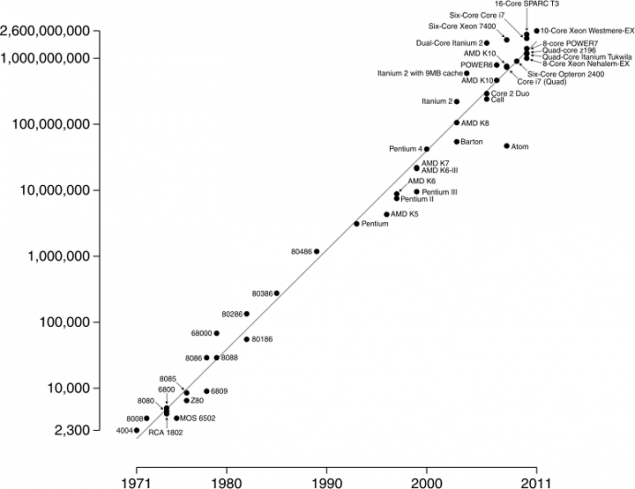
The vertical axis has a logarithmic scale, and the line follows an exponential law. It is surprising that the number of transistors and to this day is increased about twice every two years.
Arthur C. Clarke about the satellites and the Internet h4> 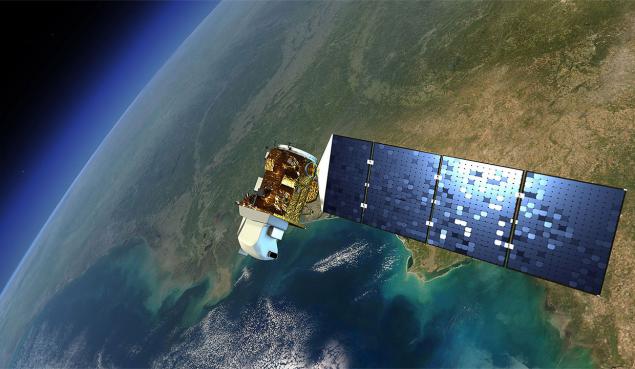
We all know the science fiction writer Sir Arthur C. Clarke, made famous by the novel "2001: A Space Odyssey." However, few people know that Clark among other things was also a scientist. So in 1945, in a letter to the editor of Wireless World, he described the idea that conventional geostationary satellites are ideal for telecommunication transmitters. Now geostationary orbit are called - Clarke Orbit.
In the present its potential in 1964. Clark showed a documentary video BBC, where he describes the possible life in the XXI century. Here are some of the words in this video: "What if we try to imagine the city" day after tomorrow ", say, two thousand years? I think that it will be completely different. Actually, maybe it will never exist. No, I do not think about the nuclear catastrophe and the new stone age, I think about the incredible breakthrough that will be committed due to discoveries in the field of communication. In particular, I'm talking about transistors, and above all about the satellite. These things will make possible a world in which we can immediately establish contact with each other, no matter where we were. We will be able to chat with friends all over the world, not even knowing where exactly is the man. Conduct their business, while in Tahiti or Bali, as well as from London, it may be already in this century (and perhaps in fifty years). Supervise anything can be from anywhere in the world regardless of the distance. I assume that sometime in Edinburgh surgeon can do brain surgery on a patient in New Zealand. When that time comes, the world literally shrinks to a single point, and the traditional role of cities as a meeting place for people cease to have any meaning. In general, people will no longer make business trips, they will be available anytime and anywhere. People will travel mostly not for money but for pleasure ».
Nikola Tesla on cellular and smart watches h4> 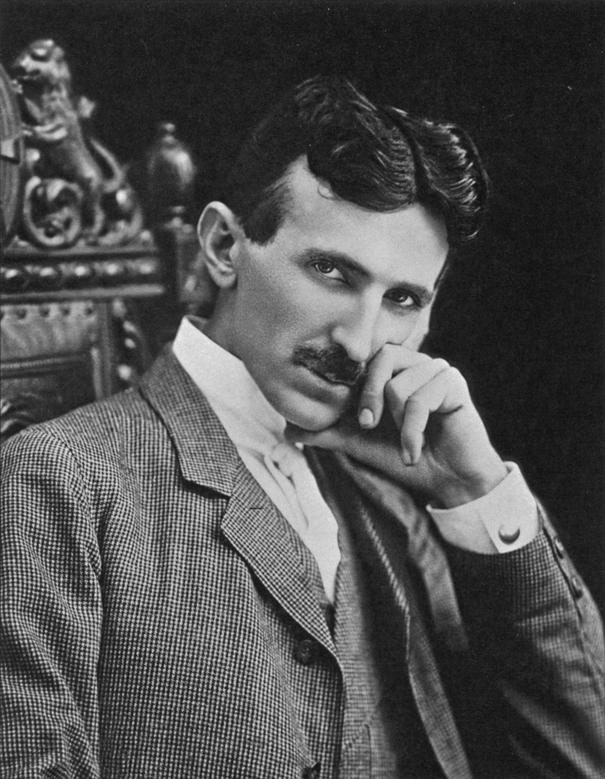
In 1908, one of the most outstanding scientists of the 20th century, Nikola Tesla described his project regarding wireless communication towers, analog current cell tower. Unfortunately, the project was never realized, but the idea for many years ahead of the game is impressive even today.
Here is what he wrote in his works Tesla over 100 years ago: "Once the project is completed, the business person can dictate instructions from New York, and they will immediately appear in his office in London or elsewhere. He can from his workplace to talk to any telephone subscriber on the globe. Inexpensive tool, no more than a watch, will enable its owner to listen anywhere - at sea or on land - the music or song, the speech of a political leader, an outstanding scientist or a priest preaching located at a great distance. Similarly, can be transferred to any picture, symbol, picture or text ».
Isaac Asimov an electronic library h4> 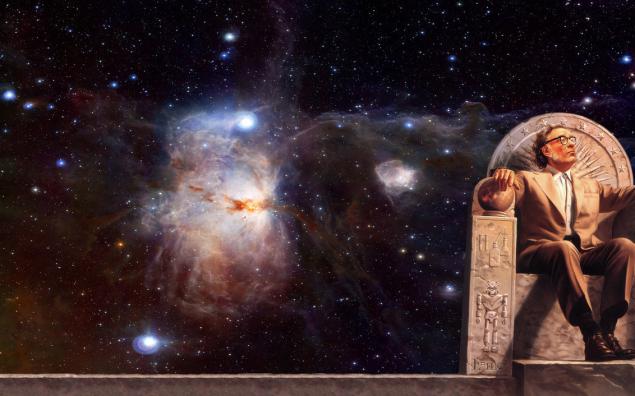
American science fiction writer and popularizer of science and biochemist Isaac Asimov in 1964 in an interview with The New York Times described in some detail possible training on the Internet and suggested the existence of services like Wikipedia or Quora. In the interview, he also described the possibility of life in 2014, and more specifically: the emergence of miniature computers that will be used by a lithium-ion battery, the ability to not only hear but also see companion and more.
Here is an excerpt from his interview about the electronic library: "In the future, computers will be connected to a giant library, where anyone can ask any question and get an answer, and get reference material that is interesting to him directly. And no matter how many years and how the user will seem silly question him, he will be able to find an answer to it. And he can do it in your own home, with its speed, its own way, in their own time. Then everyone will enjoy the process of learning. After all, what is called the formation of now, is actually the violence. Forced to learn all the same, at the same time with the same speed and in the same spot - in the classroom. But everyone is different! For some, this process is too fast for someone too slow, for some it's just not the way to go. But give them a chance as an elective to follow their passions. Between the first source of information and consumer information will not be an intermediary ».
Robert Boyle about nanotechnology h4> 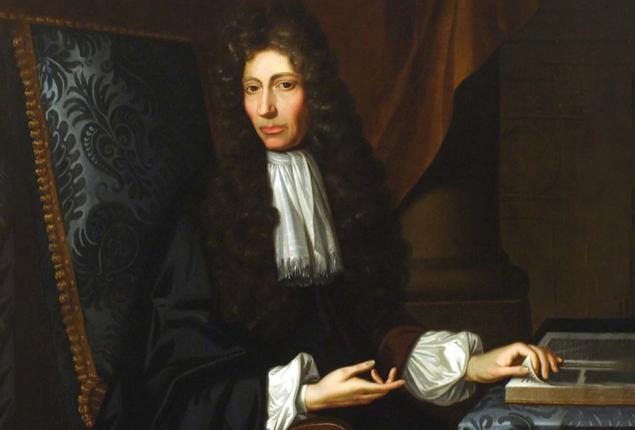
Few people know that the famous physicist who created the gas law Robert Boyle had one of the most remarkable and insightful minds of the XVII century.
After the scientist's death in 1691, he was discovered by his handwriting, which contained 24 predictions made during the period of scientific activity. Most of them have now been fulfilled. Get at least the replacement of teeth and organ transplantation, as well as the emergence of diving. But the most interesting predictions Boyle concluded in the field of genetic engineering and nanotechnology. His ideas related to the transmutation of animals and plants, creating a hypnotic and artificial simulation, as well as the drug increases the performance of the human brain. Now on this work the best minds in the world, and who knows, maybe in the near future will come true even more predictions of scientists.
Source: geektimes.ru/company/ua-hosting/blog/246466/
Tags
See also
"Man on a knife edge" - John Carmack, milestone achievements and contribution to the game industry
Black holes: the Paradox of information loss
What is in your toothpaste — food for thought
Hollywood baby boom
Nyiragongo lava lake
By the 25th anniversary of the Chernobyl accident
The most accurate horoscope for 2016. Read and be surprised!
Do You consider yourself smart?
Home alone: 8 famous writers-J. D. Salinger





